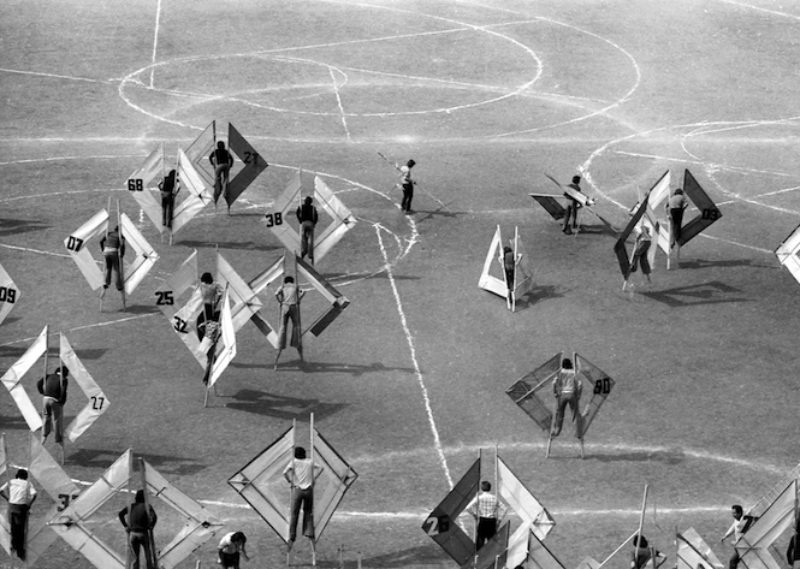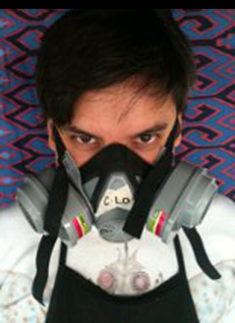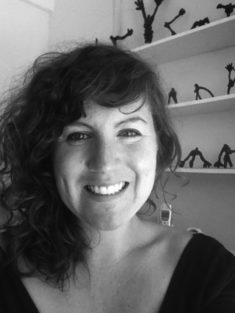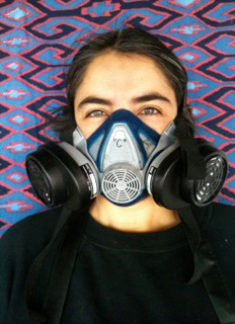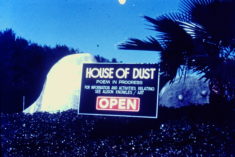About the event
In 1970, when Alison Knowles moved to Valencia, California, to teach at California Institute of the Arts, she transported The House of Dust to the school. Once installed on campus, the architectural sculpture became an alternative classroom and site for experimental pedagogical practice. The activities in and surrounding The House of Dust serve as a departure point for this conversation that examines experimental art and architectural pedagogies of the 1960s and 1970s that emphasized process, chance, indeterminacy, and the ludic over the production of discrete art objects from a comparative geographic perspective. How did the experimental pedagogies of the 1960s and 70s reflect broader social/technological shifts? How can the game, score, etc. challenge conventional teaching and learning? What is the continuing relevance of these pedagogies to contemporary artistic and pedagogical practice?
Join Ph.D. candidates in Art History Hallie Scott, who will provide an overview of experimental pedagogies in the Southern California context, and Liz Donato, who will introduce the South American perspective. Artists Felipe Mujica and Johanna Unzueta will discuss their publication and exhibitions related to research on the understudied archive of Chilean architect Manuel Casanueva (1946 - 2014) of the School of Valparaíso. Both artists will collaborate with choreographer Carmen Beuchat in the upcoming exhibition Embodied Absence: Chilean Art of the 1970s Now at Carpenter Center, Harvard University, Cambridge MA (curated by Liz Munsell), to open in October 2016.
Co-sponsored by the Ph.D. Program in Art History, the Graduate Center, CUNY.
